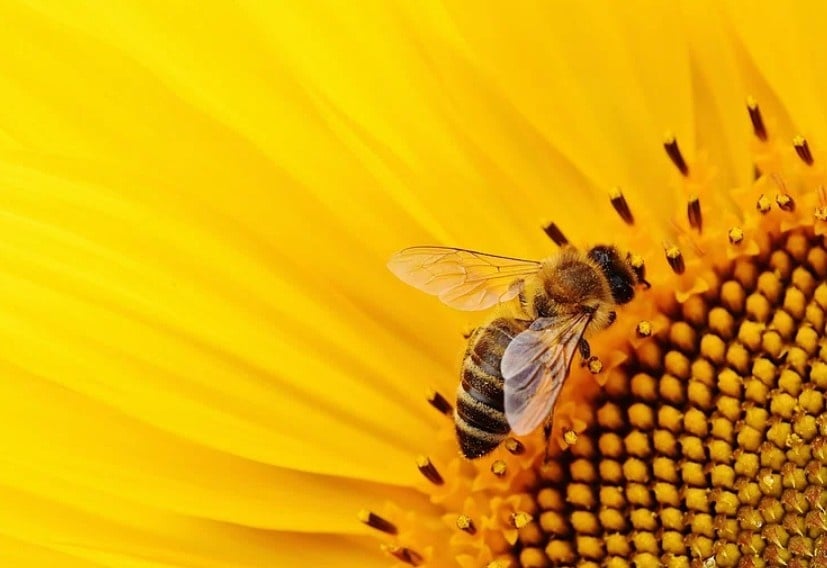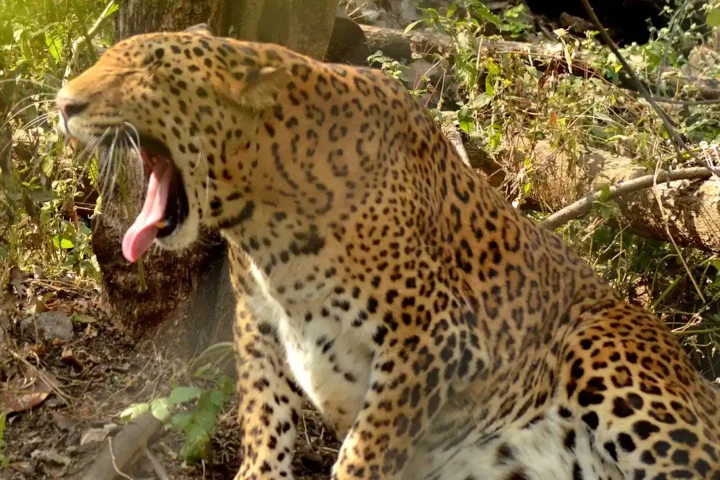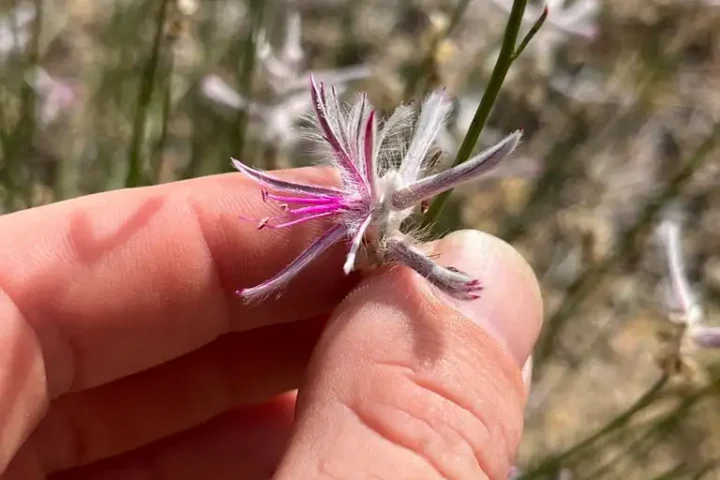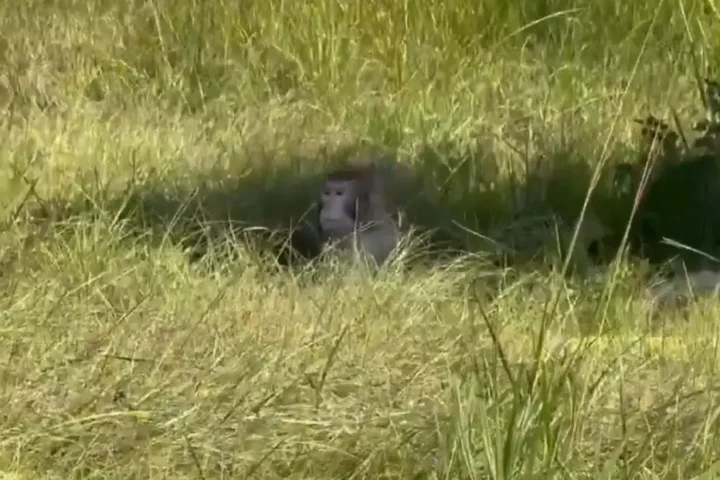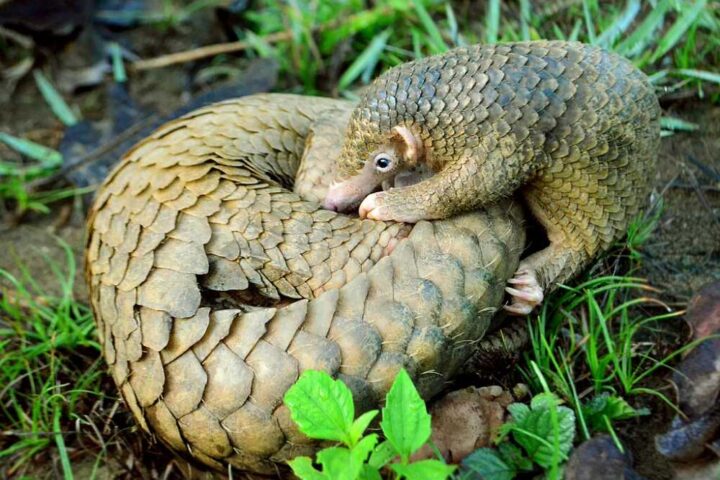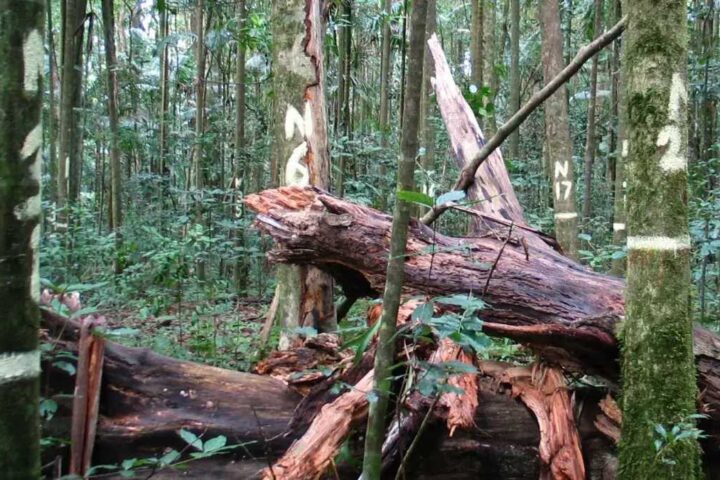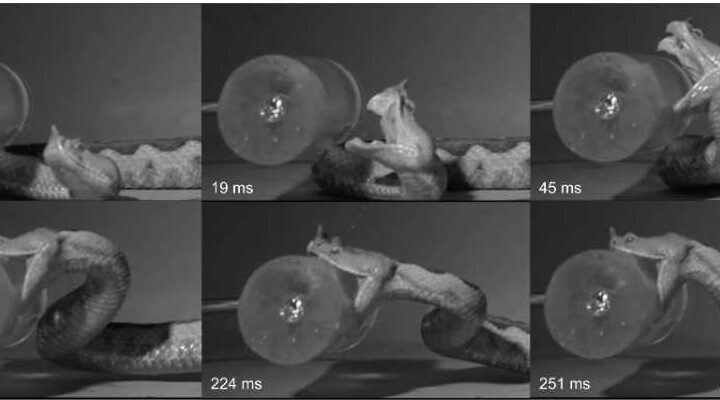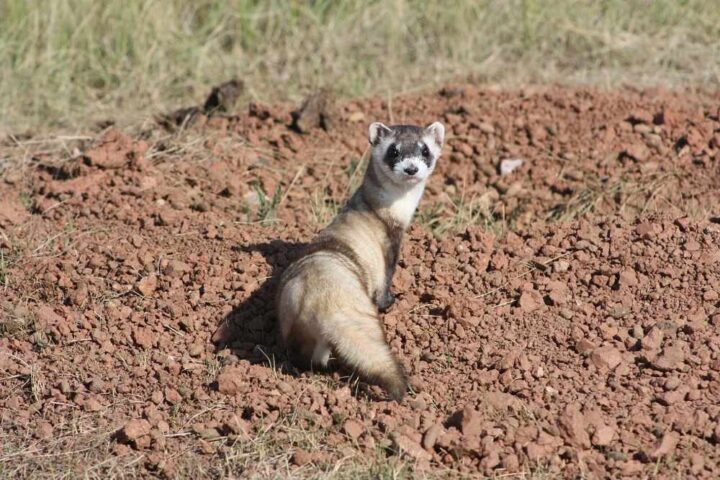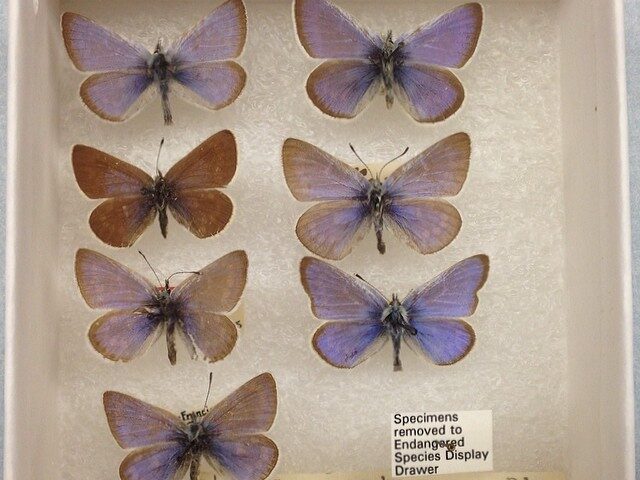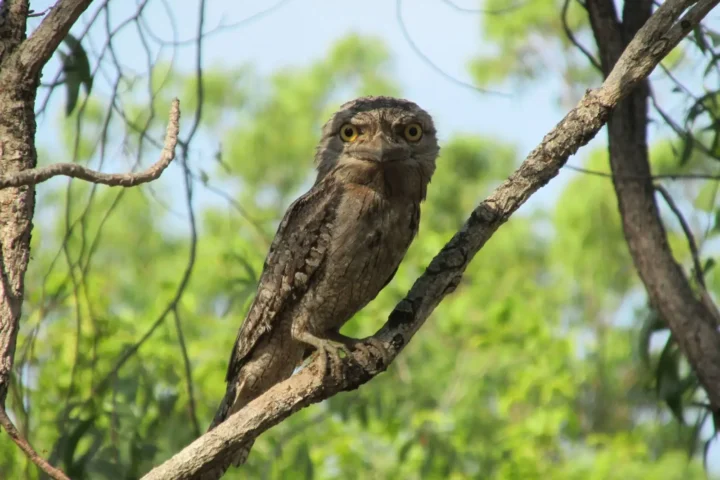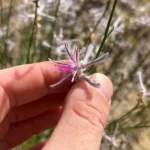Scientists have found something amazing about how plants and bees work together. When bees buzz around flowers, the plants actually respond by making their nectar – the sweet liquid bees feed on – even sweeter and more plentiful.
Just as we prepare better when we know guests are coming, plants prepare better food when they detect bees approaching. That’s what these plants do when they detect the distinct buzzing sound of helpful bees nearby.
Similar Posts
“Plants do not have a brain, but they can sense the environment and respond accordingly,” says Professor Francesca Barbero, who studies this fascinating behavior at the University of Turin. Her team watched what happened when bees visited snapdragon flowers during their research.
What they discovered was surprising. Within minutes of hearing bees buzzing, the flowers started producing more nectar with higher sugar content. Even more interesting, the plants only did this for the buzzing sounds of bees that help with pollination. When other insects made noise nearby, the plants didn’t respond.
Inside the plants, significant changes happen quickly. When they detect bee buzzing, specific genes become active, controlling how sugar moves through the plant to create nectar. This makes the nectar more nutritious for the bees.
This discovery could help farmers grow better crops. Scientists suggest that using bee buzzing sounds could encourage plants to produce better nectar, which would attract more real bees. This natural approach could help farming without using chemicals.

The timing of this finding is crucial. Bee numbers are dropping in many places, with some bee populations falling by more than half in areas where strong pesticides are used. Since bees help plants reproduce and create the fruits and vegetables we eat, protecting them is vital for our food supply.
Right now, Professor Barbero’s research team is looking into whether plants might also use sounds to call specific pollinators to their flowers. They’re also checking if the extra-sweet nectar only brings helpful bees or if it attracts unwanted insects too. This research shows us that plants are far more responsive to their environment than we once thought. While they don’t have ears like we do, they’ve developed remarkable ways to detect and reward the insects they need for survival. It’s a reminder that nature has countless surprising connections we’re still discovering.
